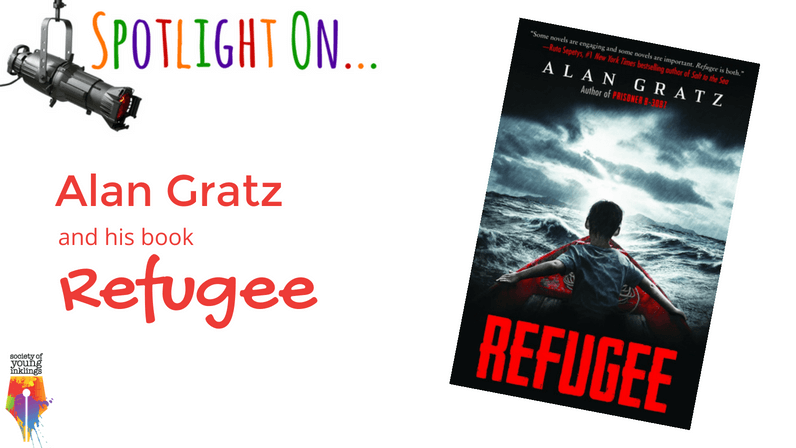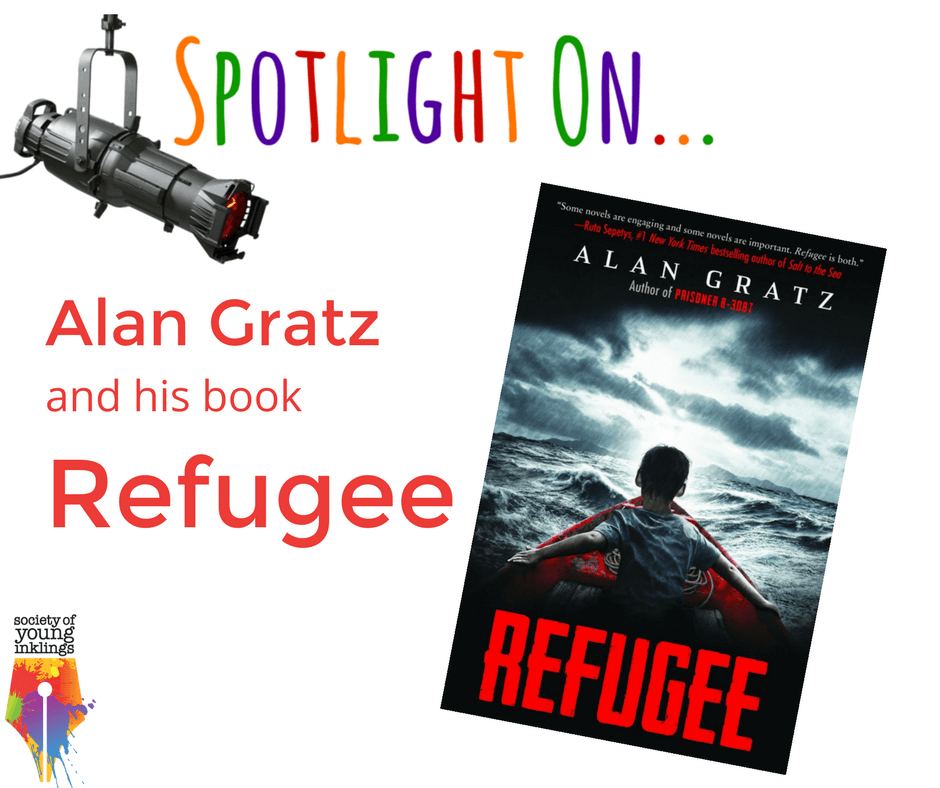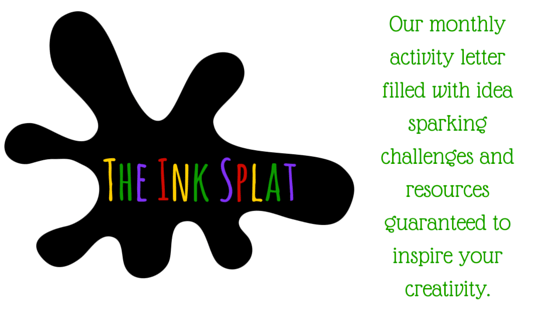
This month, we’re interviewing Alan Gratz about his book, Refugee. Alan talks to us about his writing process, his inspiration for the book, and how he hopes to be a part of our cultural conversation about refugees.
Keep reading! As always, we’ve got a writing challenge for you, a fantastic interview, and some updates about Society of Young Inklings. Want to catch up? Check out last month’s Ink Splat here.
Writing Challenge
To get to know a character, choose one of these emotions:
- embarrassment
- fear
- pride
Take on the perspective of your character. Write a letter to a friend about an important experience that made you feel this strong emotion. What did the experience remind you about yourself or teach you?
Submit your responses by emailing submit@younginklings.org and you might be published on our website!
An Interview with author Alan Gratz
In Refugee, you blend together three stories with three protagonists from three different times instead of one. Why did you choose this narrative strategy?
By showing three kids from three different eras, I wanted to show that refugees don’t have one face, one religion, or one point of origin. They are people of every place, of every era, who are driven from their homes by violence. By telling three stories set in three different times, I could show how much of their journeys were alike, despite the miles and centuries that separate them.
How did you start writing Refugee?
For the characters in Refugee, I asked myself, “What’s a good story about this character?” I was about to tell what I hoped was another good story about each of the characters, but what I wanted before I began was to know something about who these people were before we met them. As a writing exercise, I wrote about a meaningful event in the life of each character from their viewpoint — just a few paragraphs each, in first person. Sometimes those pre-story stories made it onto the page, sometimes they didn’t. But by asking that question of each of my characters, from protagonists to supporting players, I learned more about how they came to be who they were at the beginning of the novel.
People have fled for their lives throughout many times in history. Why did you choose to focus on refugees from Nazi Germany, Castro’s Cuba, and modern-day Syria?
Refugee started for me with the story of the MS St. Louis. It was a real ship, and it was famous back in the 1940s and has been ever since. There have been books about it, movies, even an opera. But there wasn’t a book about the MS St. Louis for young readers. So I decided to write one.
I was in the middle of figuring out who my main character would be and what the story would be when my family and I went on a vacation to the Florida Keys. One morning, we got up to walk on the beach and we found a raft refugees had taken to come to the United States. No one was on board, and I still don’t know where it came from, but my best guess is that it came from Cuba. It made me think: why was I writing a book about Jewish refugees seventy-five years ago, when there were refugees right here, right now, I could be writing about?
And of course at the same time, I was seeing images on the news and on the Internet about the Syrian civil war and the millions of Syrian refugees looking for some place of safety. I couldn’t decide which book should I write. They are all important stories! And then I realized: why do I have to write three books? What if I just wrote one book and combined all three stories? That’s why I chose those three stories. They were the ones that presented themselves to me in that moment. There are obviously lots more refugee stories I could tell—stories that need telling.
What do you hope young readers take away from reading Refugee?
I hope that young readers come away with an understanding of what it means to be a refugee, and the situation that these folks are in today. The word “refugee” has become such a political, hot-button word. But there was a time in this country when the word “refugee” was met with open arms and a helping hand. I hope this book goes some way toward restoring that meaning for a new generation.
What does your writing process look like? Do you ever get writer’s block, and how do you overcome it?
I used to suffer from writer’s block all the time. I’d be sitting at my computer, ready to write, and have no idea what I was going to write. The clock would tick away, and with it would go the time I had to write that day. Then I’d come out of my office mad that I hadn’t gotten words on the page. Then I learned to outline, and that’s made all the difference. I now outline every novel I write, chapter by chapter, before I ever write the first word. If I hear a scene in my head, I scribble it down—when the muse speaks, you listen and take notes!—but I never try to push past the inspiration in the outline phase.
Once I know in detail what is going to happen, I sit down to the keyboard and try to figure out how to tell it. Those are two very different processes, but most writers try to tackle them both at the same time. Separating them was a real breakthrough for me. I still get writer’s block (of a kind) when I can’t figure out what’s supposed to happen next during the outline phase, but at least then I don’t come out of my office thinking that I’ve wasted time by not getting words and paragraphs and chapters written. Once I have the outline finished, I never get writer’s block—which is important when you’re in a mood to knock out first draft pages. I look at my outline in the morning, read what’s going to happen, and then start writing it.
If you could tell your younger writing self something, what would it be?
Start writing World War II stories sooner!
Society of Young Inklings News
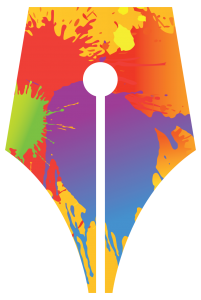
- It’s time for the Inklings Book Contest! Submit your work by March 15. We can’t wait to read it! Winners and finalists will be announced on our blog on April 2.
- Spring Writer’s Circles are here! Join a small circle of dedicated writers who will encourage, provide specific feedback, and inspire you. Your group will be facilitated by a pro-writer and mentor through an online video chat.
- Confused, lost, frustrated, miserable … these are not productive ways to feel! Still, stuck happens, no matter how creative you are. That’s why we invented the Idea Storm. This online masterclass will help lead you to “Eureka!” moments.
- Join our society! We’ll send you a FREE Inklings Starter Kit with tips and tricks personalized to your creativity style.
A special thanks to Alan Gratz!
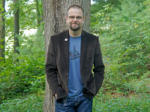
Alan Gratz, photo by Wes Stitt
Alan Gratz is the New York Times bestselling author of a number of novels for young readers. Alan was born and raised in Knoxville, Tennessee, home of the 1982 World’s Fair. After a carefree but humid childhood, Alan attended the University of Tennessee, where he earned a College Scholars degree with a specialization in creative writing, and, later, a Master’s degree in English education. He now lives with his wife and daughter in Asheville, North Carolina, where he enjoys playing games, eating pizza, and, perhaps not too surprisingly, reading books.
Visit Alan’s website here and grab your copy of Refugee here.

